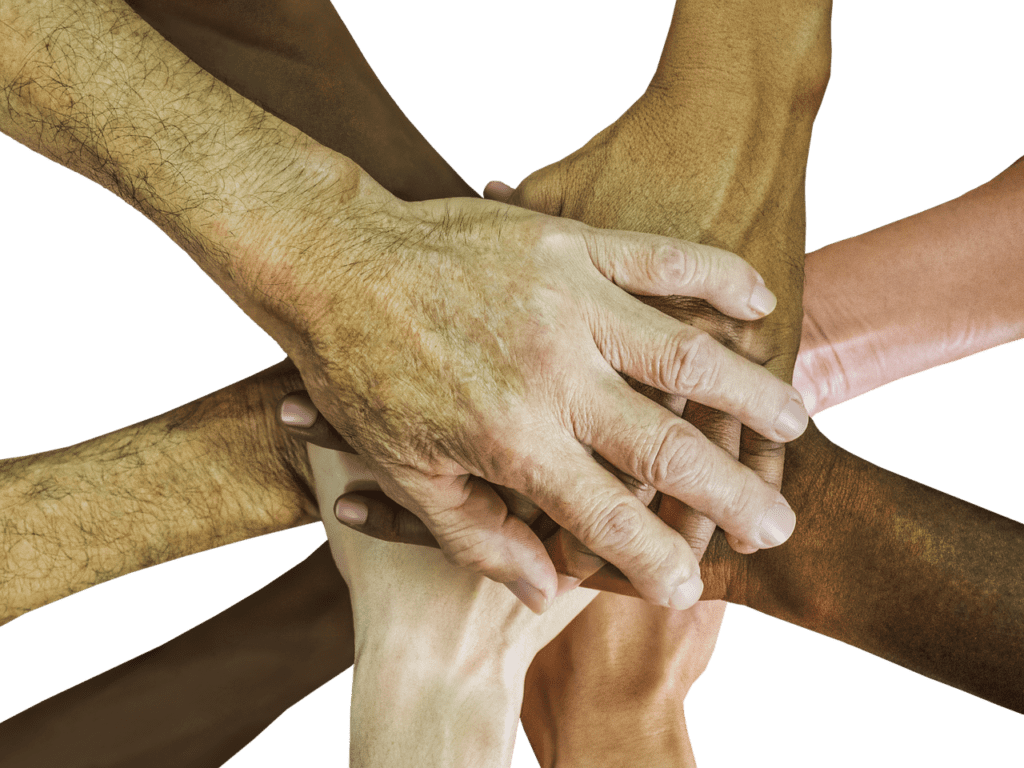It’s a fight they didn’t choose, but it’s a fight they have to face. Individuals diagnosed with sickle cell expressed how much they have to do to get the bare minimum for what they need, reported News Medical Life Sciences.
34-year-old Marqus Valentine was told he would die by the age of 30. He dreaded his looming birthday as if the day it arrived, he would breath his last breathe. Yet, Marqus 4-years later is still here, but he doesn’t feel exactly like a 34-year-old man. He feels like he’s double the age, due to all the stress, pain and intense process he has had to undergo being a sickle cell patient.
The disease affects roughly 100,000 Americans causing pain, stokes and even organ failure, yet it seems like nothing significantly has been done to help these patients.
Like many sickle cell patients, Marqus has felt let down. Over the years he has watched successful campaigns raise funds and awareness for so many debilitating diseases, but none for sickle cell. There have been an incredible increase in drug and treatment development for others, yet the life expectancy has decreased for himself and his fellow patients.
He expressed it’s not fair and that he feels like the “baldheaded stepchild that no one cares about”. They matter too, so why aren’t they receiving the attention they deserve?
Marqus mother Francesca Valentine, a nurse and fierce advocate, thinks it’s absolutely baffling that something hasn’t been done to date. She believes these patients deal with racism and constant inaccuracies, rather than help.
She continues to fight against insurance companies to help cover Endari, a newer FDA-approved treatment that has shown success in many studies. Right now the drug costs nearly $3,300 a month for patients and most insurance companies will not cover it because it’s considered a “nutritional supplement”. Yet, science shows it helps and people need it. Another struggle they have to face.
The lack of support from insurance companies, the lack of understanding from doctors, and lack of funding, all have contributed to many sickle cell patients and their families feeling disrespected.
Congress has only taken minor action and there hasn’t been enough studies to even back these fights with scientifically proven numbers. It’s not what the sickle cell communities needs right now, but that doesn’t mean there is no hope.
President of Maryland Sickle Cell Disease Association Derek Robertson, said there needs to be a lot more done, but there is a new buzz floating around that hasn’t existed before. No one expects a campaign to sweep the nation like ALS’s ice bucket challenge, but he feels something is on the brink, and they’re excited for when it happens.






